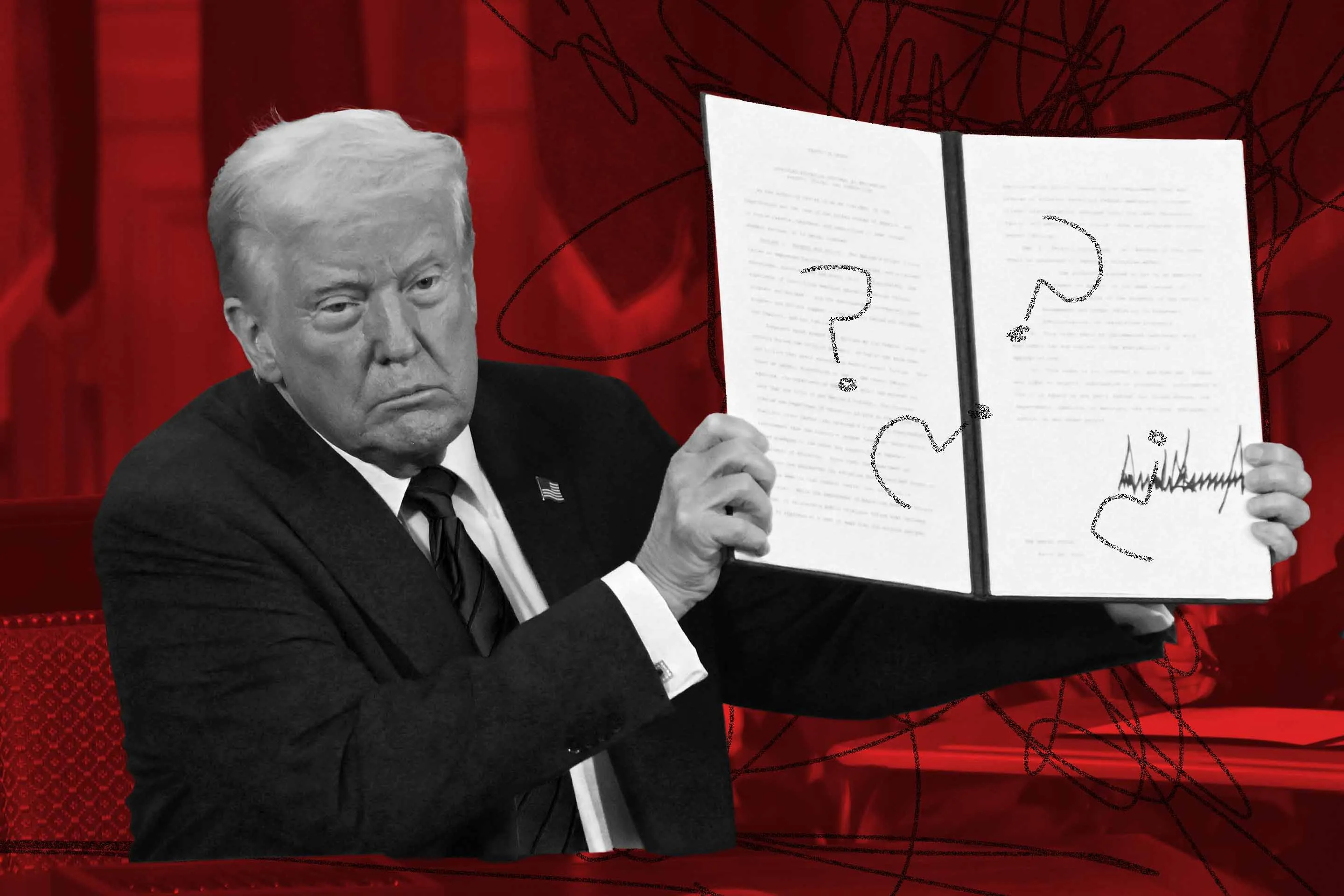Kamala Harris Signals Support for Ending Filibuster to Restore Roe v. Wade Protections

Vice President Kamala Harris has expressed her willingness to support ending the Senate filibuster in order to restore Roe v. Wade, the landmark Supreme Court decision that protected abortion rights in the United States. This potential change could allow federal legislation safeguarding reproductive rights to pass without needing the usual 60-vote threshold in the Senate.
Harris’ Commitment to Reproductive Rights
In a recent interview, Harris emphasized the importance of protecting women’s right to choose and ensuring that reproductive healthcare remains accessible to all Americans. The fall of Roe v. Wade in 2022, due to the Supreme Court’s decision in Dobbs v. Jackson Women’s Health Organization, shifted the power to regulate abortion to individual states. This has led to a patchwork of laws across the country, with some states implementing severe restrictions while others maintain abortion access.
For Harris, codifying abortion rights at the federal level is critical, and eliminating the filibuster could be a necessary step to achieve this. The filibuster, a Senate rule allowing prolonged debate, has historically been used to block legislation that doesn’t have overwhelming bipartisan support. By removing it, Democrats could pass a bill protecting reproductive rights with a simple majority vote.
Potential Challenges Ahead
While Harris’ stance on the filibuster aligns with many progressive Democrats, not all members of her party are on board with eliminating the rule. Moderate Senators, such as Joe Manchin and Kyrsten Sinema, have previously expressed opposition to changing Senate rules, making it unclear whether there is enough support within the Democratic caucus to make this move.
However, Harris continues to advocate for reproductive rights, signaling that the battle to restore Roe v. Wade is far from over. Ending the filibuster could become a pivotal issue as Democrats weigh the importance of protecting abortion rights against the long-standing Senate tradition of requiring a supermajority to pass controversial legislation.





